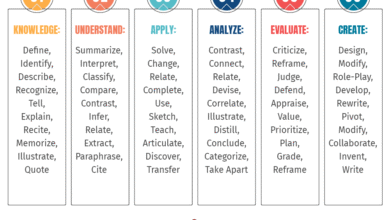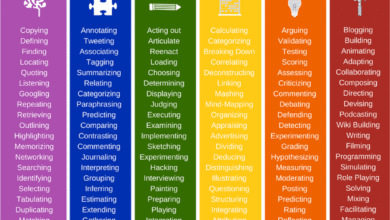Ofsted Report Cards: Same Problem?

Is Ofsted’s new report card an improvement?
Ofsted’s proposed report cards promise greater nuance, but do they actually reduce high-stakes pressure on our schools — or just repackage it?
Ofsted has announced changes to its inspection framework, replacing one-word judgments with detailed report cards. Schools will now be assessed in nine areas, from leadership and curriculum to attendance and inclusion.
On the surface, this seems like progress. More detail, more transparency, more fairness. But does this actually make inspections better, or just more complex?
Ofsted argues that report cards will provide a clearer picture for parents, but research suggests most parents don’t read past the first page of an inspection report. Will these changes actually help parents make better-informed decisions, or will schools still be judged on headline ratings?
More detail, more inconsistency?
One major concern is reliability. Schools have long criticised Ofsted for inconsistencies in inspection judgments. If inspectors have struggled to make accurate assessments under the previous system, how will they manage 40 potential judgment areas under the new report card model?
If the aim is fairness, then more detail doesn’t necessarily mean more accuracy.
Goodbye deep dives, hello flexibility?
Ofsted is also scrapping deep dives, allowing schools to have more input in deciding which areas are explored during inspections. This could reduce pressure on middle leaders, but will inspectors truly listen, or will preconceptions still dominate?
Inclusion: real change or just another judgment?
The addition of an ‘inclusion’ category acknowledges a long-standing issue, but questions remain. Schools with high SEND populations have historically been penalised when results don’t match national averages. If inclusion is now a separate category, will inspectors have the expertise to judge it fairly? And will these schools finally be recognised for the work they do, or will they continue to face unintended discrimination?
Same high stakes, different packaging
Despite these changes, the fundamental issue remains: Ofsted is still a high-stakes accountability system. Schools will still be ranked, judged, and pressured to perform for a one-day visit.
If Ofsted is serious about reducing stress for school leaders and improving school accountability, it should follow Wales and the Church of England’s SIAMS framework and abolish grading altogether. Should Ofsted consider completing a trial phase of the report card system with no grades?
Reflection questions for school leaders
- Do these changes actually reduce the high-stakes nature of inspection?
- Will parents engage with the new report card, or will they still rely on headlines?
- How will inspectors ensure consistency across 40 potential judgments?
- How will removing deep dives genuinely give schools more flexibility?
- Can inspectors reliably assess inclusion, or will SEND schools still be disadvantaged?
- Does more detail mean fairer inspections, or just more complexity?
- How should school leaders prepare for these changes?
- Should student feedback be central to inspections?
- Similarly, why isn’t teacher wellbeing and workload a fundamental part of the assessment?
- Can a school be judged “Exemplary” in leadership if it has high staff turnover and burnout?
Final thought: Are we better off?
Ofsted should publish data on complaint rates, successful appeals, and inspection accuracy. Schools are judged on their performance—why is Ofsted not held to the same standard?
The question isn’t just whether these changes make inspections look fairer—it’s whether they actually reduce harm, improve school support, and retain great teachers.
Because if all we’re doing is changing the structure without addressing the impact, then Ofsted’s new report cards are just another way to repackage the stress.
The core issue with Ofsted inspections is the reductive grading system. Replacing a single-word judgment with multiple graded categories does not remove the problem — it just multiplies it.
I would love to hear your thoughts—is this progress, or just another Ofsted reshuffle?
Related
Source link



